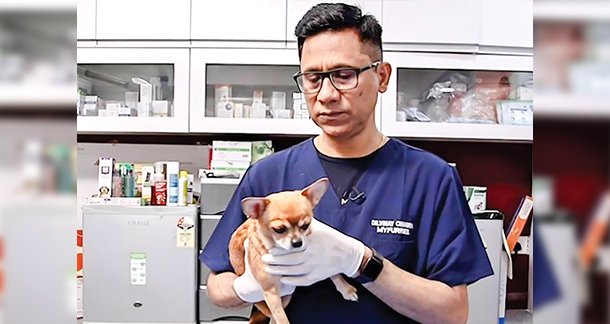Q: Do cats need fiber in their diet?
A: Fiber in the diet is probably good for overall gastrointestinal health and may help overweight cats trim down. Dietary fiber is thought to help maintain proper weight by diluting the caloric density of the food through physical effects and hormonal interactions. For reasons not yet understood, dietary fiber also seems to help manage mild hyperglycaemia (high blood sugar), a relatively common problem in older cats. Excess fiber in the diet can cause issues in absorbing other essential nutrients.
Meals can have at most 10% fiber content.
Q: How often should I feed and water my cat?
A: If given free access to food, cats will eat between 12 and 20 meals a day, evenly spread out over the 24-hour light-dark cycle.
Fresh water should be available at all times. Still, the amount needed varies with the type of diet and the environmental conditions. Cats don’t drink as dogs and do not drink by per kg body weight norms, perhaps because of their evolution as desert animals.
Cats consume approximately 2 millilitres of water for every gram of dry food they eat. Whereas dogs drink enough water to replace 6% of their body weight in one hour, cats take 24 hours to do the same. Since cats drink less water, the possibility of getting urinary tract infections and stones increases manifold.
Exposure to certain flavours and textures of food early in life can shape strong preferences later on, such as meal temperature, odour, texture, and taste. It’s essential to gradually mix the familiar food with the new food before switching completely. They may be better off eating canned cat food containing 78–82% water; adding water to dry food will also help protect against stone formation.
Q: How can I help my overweight cat trim down?
A: The most obvious answer is to put less of the same type of food in its bowl each day, still allowing it to eat at all times. This is not the same as letting it eat as much as it wants at all times. About 30 to 40% of cats will overeat and become fat. Some cat owners offer less appealing food. Another option is to feed one of the low-calorie cat foods on the market. It’s also essential to keep your cat from sampling the cat-next-door food and avoid giving it table scraps.
Q: Is it true that cats are picky eaters?
A: It is true that food’s taste, texture, and moisture content are more important to cats than. That is why cat owners must ensure their pets get the recommended amounts and mix of all essential vitamins, minerals, and other nutrients. In contrast to dogs, cats will not eat a powdered, commercial diet. They will, however, eat the same diet if it is provided as pellets, in a mash, or in gel form. Typically, they like the gel form the best. They are more sensitive to bitter taste than dogs and prefer warm to cold food.
Author details
Dr. Vinay Chhabra
Veterinarian and Co-Founder Myfurries.com

